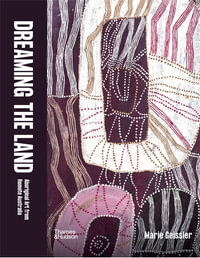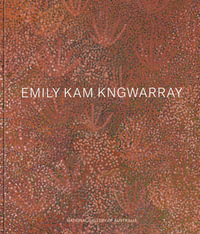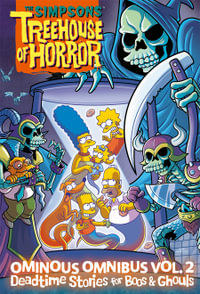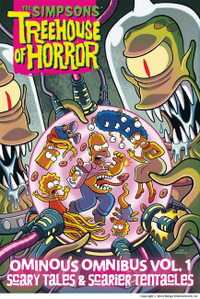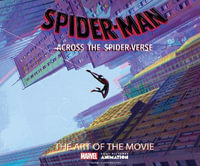This captivating study engages two of the most influential theologians of the twentieth century: Karl Barth, the Swiss Protestant theologian, who constructed his theology ""from above"" and engaged the powers in the background of Nazi Germany, and James H. Cone, the father of Black Theology in America, who constructed his theology ""from below"" and confronted white racism--the most intractable issue in America's history. In this three-volume project, Carr employs the aesthetic thinking of the jazz legend Thelonious Monk to reconceptualize, restructure, and advance the theologies of Barth and Cone.
In this second volume, Carr appeals to Monk's tune ""'Round Midnight"" as the analogical framework for articulating the meaning between Christ, the cantus firmus, and the sociopolitical histories of Karl Barth and James Cone. Monk's encouragement to ""improvise on the melody"" is heard as the melodic foundation for a new form of christological reflection.
Industry Reviews
“This is a work of singular genius. Here in volume two, Raymond Carr offers a breathtaking rereading of the concepts of revelation and experience in Barth and Cone. He refurbishes these weary theological warhorses through a groundbreaking resetting of them through the musicality of Thelonious Monk and the wisdom of Charles Long. No consideration of these ideas in Barth or Cone will now be adequate without considering what Raymond Carr has said here.”
—Willie Jennings, associate professor of systematic theology and Africana studies, Yale Divinity School
Raymond Carr is one of the few groundbreaking and path-blazing theologians of his generation! This magisterial trilogy on three of the towering spiritual giants of the past one hundred years gives us new terrain in our grim and dim times.”
—Cornel West, professor of philosophy and Christian practice, Union Theological Seminary
“Thelonious Monk’s unprecedented aesthetics allow Raymond Carr to innovate brilliantly a mode that creates the interpenetration of James H. Cone and Karl Barth as supplementation and correction in counterpoint. In this groundbreaking second volume, Carr, himself a theological jazz creator and trickster theoretician, deploys history and christological interpretation to actualize the Monkian melodies.”
—Dwight N. Hopkins, professor of theology, University of Chicago
“Raymond Carr draws on a Black liberative tradition and employs Monk’s musical aesthetic for theological exploration. His trilogy, Theology in the Mode of Monk, invokes questions and invites readers to explore ideas and to challenge concepts of being.”
—Angela D. Sims, president, Colgate Rochester Crozer Divinity School
“Raymond Carr undertakes an audacious attempt to construct ‘irregular theology’ in an aesthetic mode through which Karl Barth encounters James Cone. He interrogates and advances Barth’s thinking of freedom (Mozartean) down a line that includes James Cone’s spirituals and blues and Thelonious Monk’s jazz. In Carr’s groundbreaking proposal, Friedrich-Wilhelm Marquardt’s ‘logos of society’ finds significance in the Black experience of sociopolitical struggle. Do not miss this book!”
—Paul S. Chung, director, Karl Barth and Public Theology Center
“Raymond Carr is the Conjunto Cat! ‘Conjunto’ is Spanish for ‘to join together’ or a ‘set’ or a musical group. In Theology in the Mode of Monk, Carr has arranged a new polygonal bandstand on which appears a theological vision and practice whose main players are Karl Barth, James Cone, and Thelonious Monk! Watch out! Give a listen! Read deep! Conjunto can also mean totality, everybody! Come onstage by reading this book and join Raymond Carr’s conjunto.”
—Davíd Carrasco, professor of the study of Latin America, Harvard Divinity School
“Raymond Carr has emerged as one of the most creative minds in contemporary African-American theology. His intensive engagement with James Cone and Karl Barth has already made a mark in the field but is now assured with the appearance of these remarkable volumes.”
—George Hunsinger, professor of systematic theology, Princeton Theological Seminary
“With great erudition and care, Raymond Carr cleverly utilizes the jazz aesthetic of Thelonious Monk to help explore the theological relationships between Karl Barth and James Cone. As he does so, we see the importance of Christ’s faithfulness as our cantus firmus and hear an urgent call for the church to be prophetic as it hears the higher frequencies of God and the lower frequencies of the cries of the oppressed.”
—Gary W. Burnett, s...




